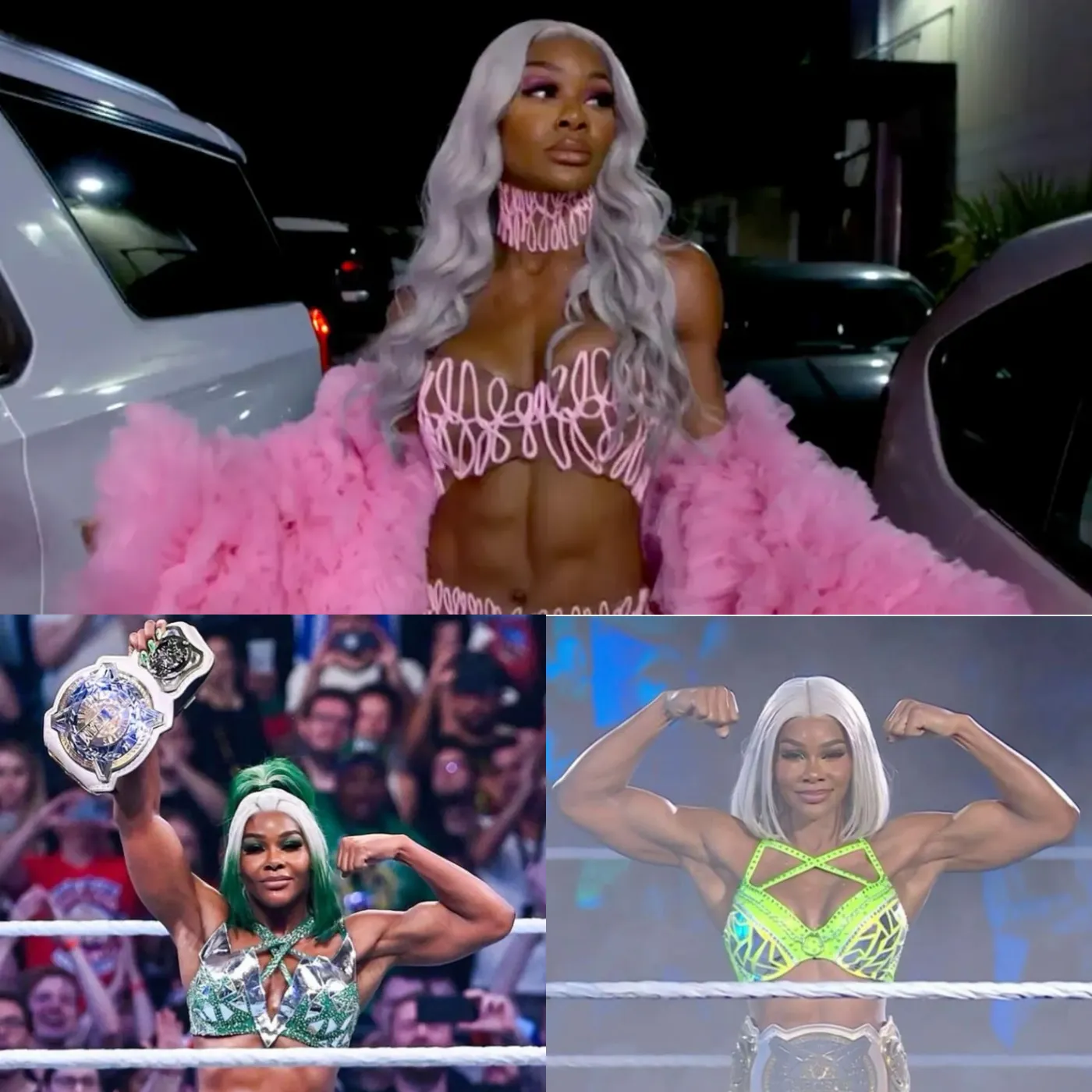‘Woke’ didn’t lose the US election: the patrician class who hijacked identity politics did | Nesrine Malik
Why is this simple explanation being so widely embraced? Because it does not require a commitment to real, structural changeThe day that wokeness died. That has been one of the primary analyses of Donald Trump’s resounding election victory: that it was a resounding rejection of the “woke” left and the casting off of the shackles of political correctness. According to sections of the media and political establishment, people are tired of being harangued and scolded for not using the right language, annoyed by a constant focus on race and identity, and alarmed by a new orthodoxy of radical politics eager to please individual groups at the expense of common sense. “The era,” summarised one British journalist, “of Black Lives Matter, Latinx, critical race theory, pronouns and defunding the police is over.” It’s a neat conclusion – it’s hard not to see this result as a rejection of something. But was that something “woke” values in particular?As a starting point, it is worth looking at Kamala Harris’s campaign rather than the assumptions about it. In reality, she seemed to avoid any focus on identity and “wokeness”. She didn’t make much of her race, or even her gender, choosing instead to ground her identity in her background as a middle-class person raised in a rental household by a hardworking mother. Her position on race softened from when she was running in 2019: she previously backed “some form” of reparations but did not stake out a position as part of her bid. Trump wanted Harris “to say something to turn off white voters. She was wise not to take the bait,” wrote the author Keith Boykin. She was hardline on immigration, keen to show that she is a gun owner (memorably telling Oprah Winfrey: “If someone breaks into my house they’re getting shot”). And she was evasive on gender-affirming care for transgender Americans.Nesrine Malik is a Guardian columnist Continue reading...

Why is this simple explanation being so widely embraced? Because it does not require a commitment to real, structural change
The day that wokeness died. That has been one of the primary analyses of Donald Trump’s resounding election victory: that it was a resounding rejection of the “woke” left and the casting off of the shackles of political correctness. According to sections of the media and political establishment, people are tired of being harangued and scolded for not using the right language, annoyed by a constant focus on race and identity, and alarmed by a new orthodoxy of radical politics eager to please individual groups at the expense of common sense. “The era,” summarised one British journalist, “of Black Lives Matter, Latinx, critical race theory, pronouns and defunding the police is over.” It’s a neat conclusion – it’s hard not to see this result as a rejection of something. But was that something “woke” values in particular?
As a starting point, it is worth looking at Kamala Harris’s campaign rather than the assumptions about it. In reality, she seemed to avoid any focus on identity and “wokeness”. She didn’t make much of her race, or even her gender, choosing instead to ground her identity in her background as a middle-class person raised in a rental household by a hardworking mother. Her position on race softened from when she was running in 2019: she previously backed “some form” of reparations but did not stake out a position as part of her bid. Trump wanted Harris “to say something to turn off white voters. She was wise not to take the bait,” wrote the author Keith Boykin. She was hardline on immigration, keen to show that she is a gun owner (memorably telling Oprah Winfrey: “If someone breaks into my house they’re getting shot”). And she was evasive on gender-affirming care for transgender Americans.
Nesrine Malik is a Guardian columnist Continue reading...

































